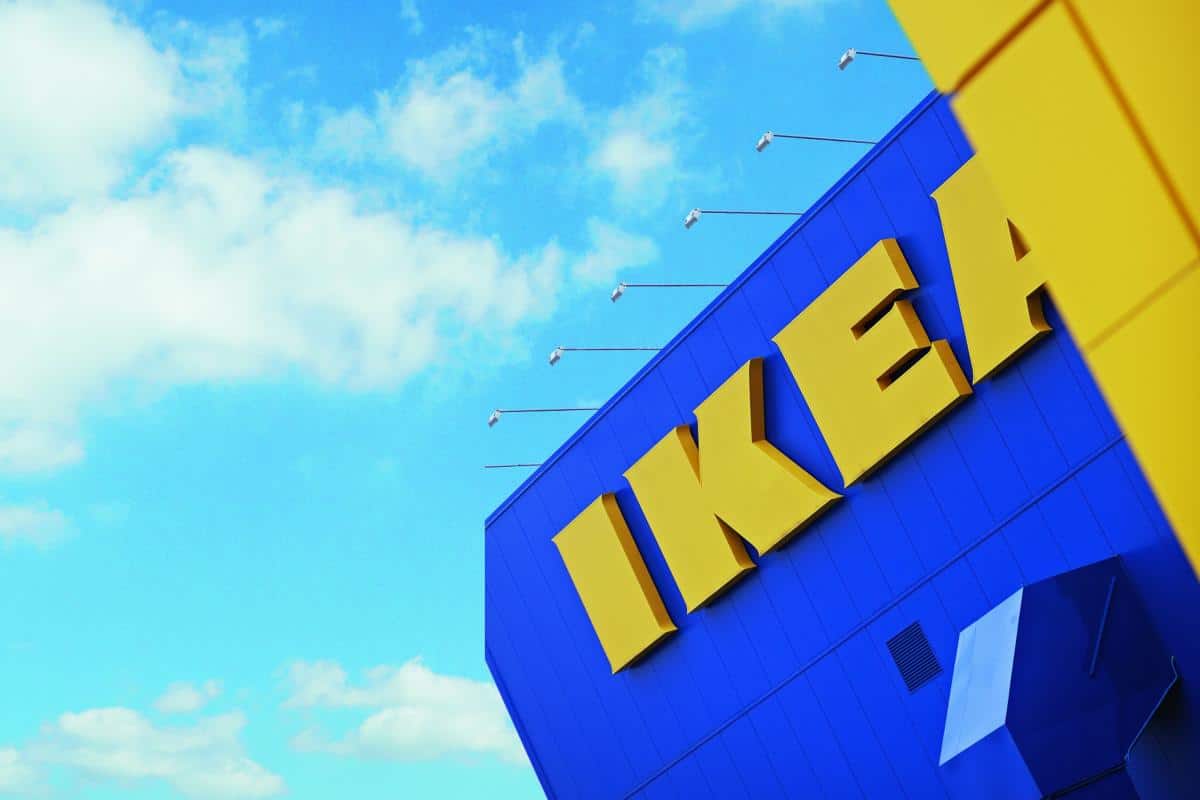Ikea operates a scheme to help its 1,600 suppliers transition to renewable energy. It set it up in 2021 with direct suppliers in Poland, China and India – three of the brand’s largest purchasing countries. It is keen to roll it out to other markets, particularly those countries in which it’s difficult for businesses to access renewable electricity.
Ikea will provide for local solutions, such as bundled framework agreements and power purchase agreements to buy renewable electricity from the grid, thus enabling its direct suppliers to consume 100% renewable electricity in their production facilities. This can cover the electricity demands of the supplier, which cannot be generated onsite. The company is also offering to finance renewable energy generated at suppliers’ onsite locations.
With almost two-thirds of Ikea’s climate footprint directly connected to its supply chain, this scheme helps it in its bid to achieve 100% renewable energy throughout the entire value chain. In China, Poland and India alone the programme will save 670,000 tonnes of CO₂ emissions a year, equivalent to approximately 3% of the total climate footprint of the Ikea value chain.
“The new programme is critical since our suppliers can’t generate all their renewable electricity onsite – a majority still needs to be bought from the grid. Through this programme, Ikea will have a complete offer to both support our suppliers to generate renewable energy onsite and enable them to purchase the remaining part from the grid,” says Andreas Ahrens, head of climate, Inter Ikea Group.
Meanwhile, Ikea’s largest retail franchisee, Ingka Group, Ingka Group is increasing its investment in sustainability by €4bn to €6.5bn to support its transition to renewable energy.
Over the past decade the group – which operates 389 Ikea stores in 32 countries – has financed renewable onsite and offsite wind and solar power, enabling it to generate more renewable energy globally than it consumes. In addition to the €2.5bn invested to date, it plans to use the extra funds to reduce its climate footprint and support a broader transition to a net-zero society.
The group owns and manages 547 wind turbines and 10 solar parks in 15 countries, as well as 935,000 solar panels on the roofs of its stores and warehouses. In addition, Ingka Group’s philanthropic arm, the Ikea Foundation, has strengthened its ambitions in alignment with the Paris Agreement by committing to invest an additional €1bn over the next five years to reduce emissions.
The investment will focus on adding wind and solar projects in new countries. The Foundation will also consider new types of investments in areas such as energy storage, hydrogen fuel development and charging infrastructure. Ingka Group has recently added to its green power-generating capacity with the acquisition of a 49% stake in eight solar PV parks in Russia. The parks have an energygenerating capacity of 160 megawatts, which will provide enough electricity to power all 17 Ikea stores in Russia plus a number of the MEGA shopping centres based around the country.
This story was originally published in the RetailX Sustainability Report 2021. Download the full report for further retailer case studies on sustainability in action.









